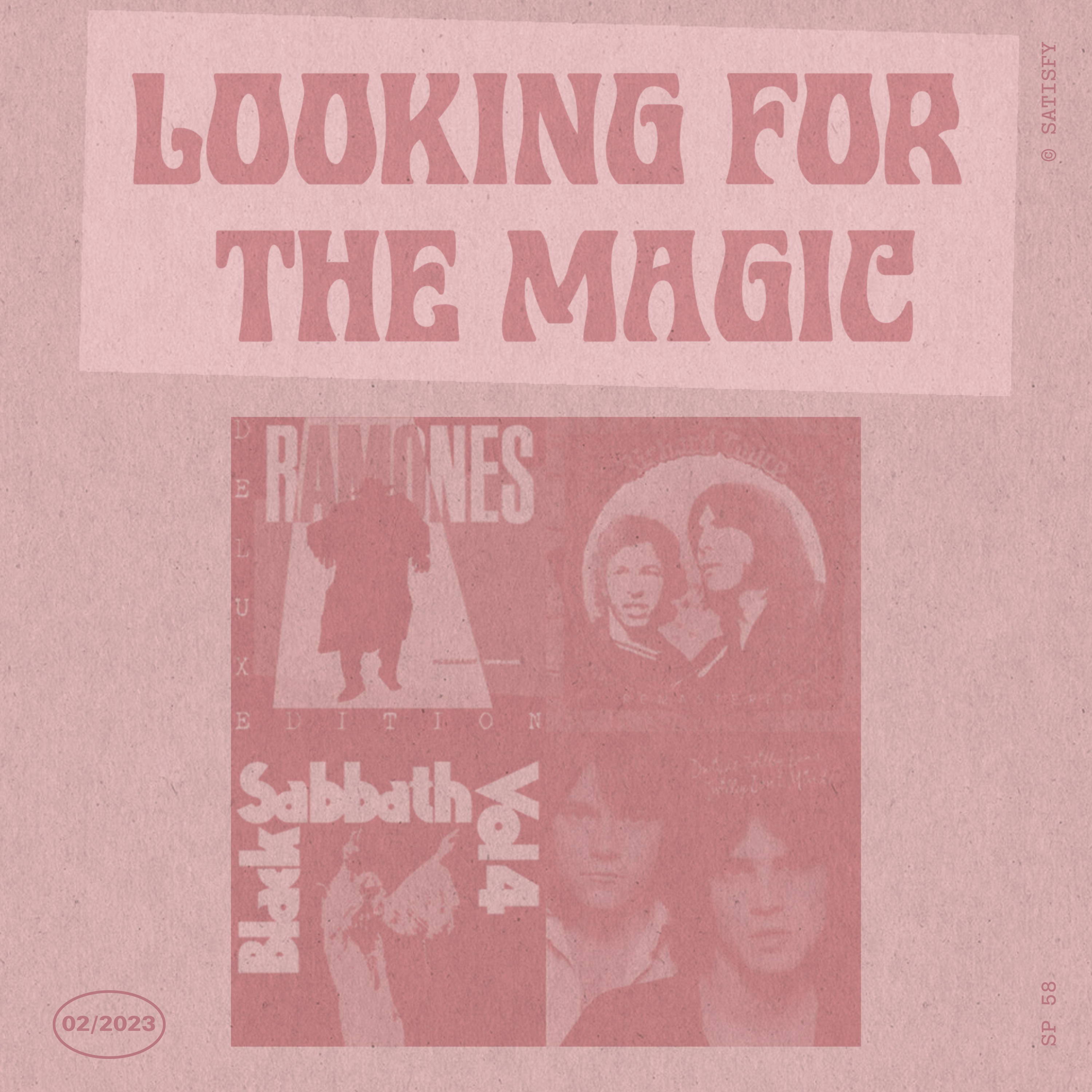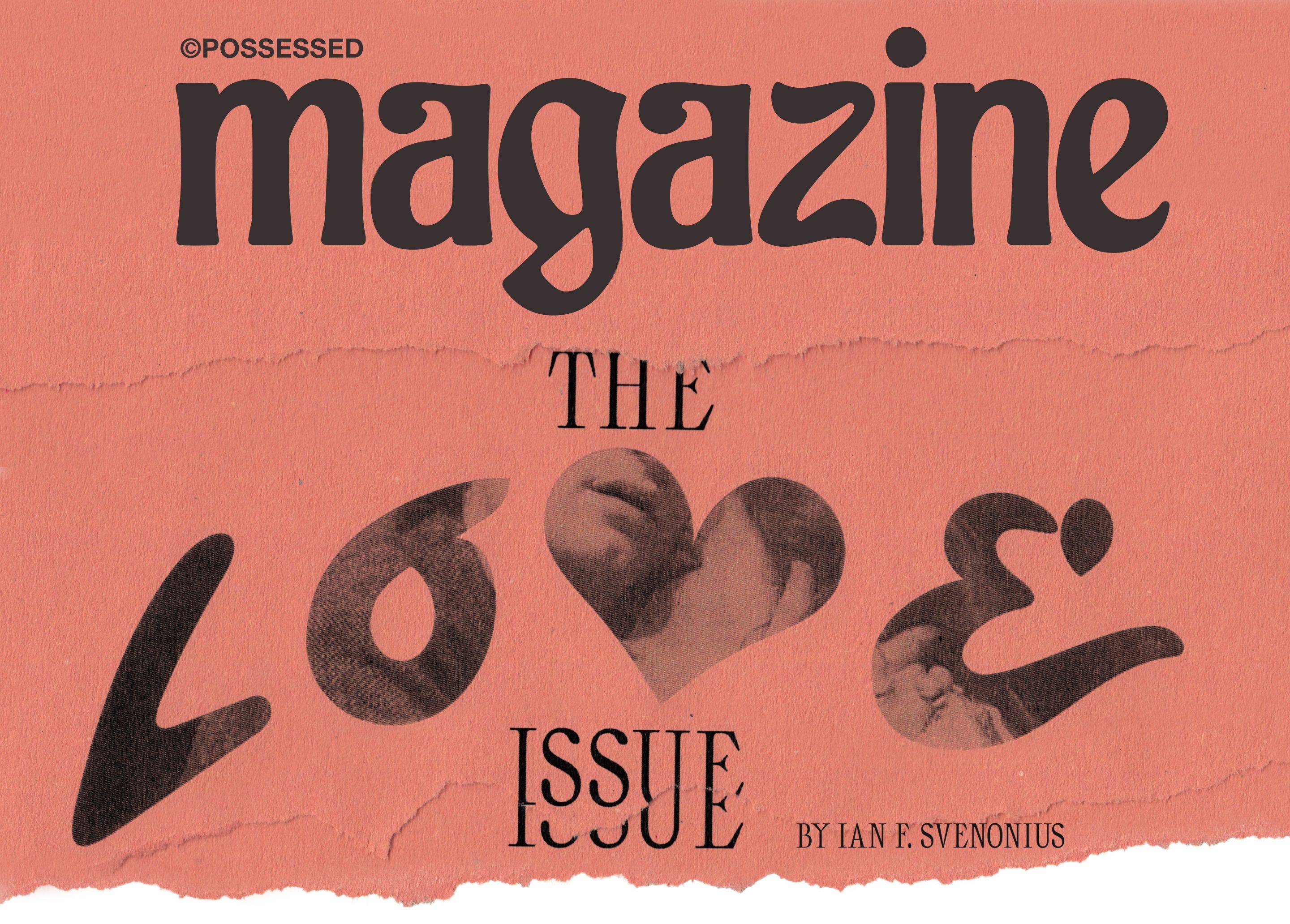
We run. It is our passion. We say we “love to run.”
We have to do it. It’s a compulsion, a need, a desire. It is our first love.
We are romantics I suppose.
If given the horrible choice of having to decide between running or being with our lover, we would, of course, choose running. Running is life after all. Our partner, though we may appreciate and even adore them, is ultimately expendable. There are plenty of fish in the sea after all. But there is only one “running”. It is an essential, like oxygen, water, and food. It is the moon, the stars, the sun; it is our sense of self. To choose some ultimately interchangeable person over the joy we feel when we slip on our running flats, strap on that old sweaty headband, and break into a jog down the track, would be to betray our true self; it would be the sort of life compromise that amounts to a slow suicide.
Thankfully, we are not often asked to make such a decision. Still, our priorities are thrust into stark relief as we try to negotiate a daily balancing act, between running on the one hand and our consort/lover on the other.
Indeed, our passion for running, our obsessive desire to run, clouds our judgement, consumes our thoughts, and has sunk many a relationship. We have tried, of course, to make things right; to integrate our sometimes unreasonable, impossible to please partner into our running routine; after all, they provide us with sex and companionship. I suppose we should be grateful. Unfortunately, second place never seems to be good enough for them. We try, most generously, to bring them in on our running action, to run with them in a kind of “menage a trois.” This is, of course, fun at first but inevitably goes awry. Ultimately, in any threesome, someone is left out in the cold; in this case, it’s our significant other who becomes a spectator to us and our running, as we frolic in pure ecstacy down the track; nostrils flared and brow dripping with sweat. They look on jealously, mouth agape, the proverbial “third wheel”; pathetic, cloying, needy, and useless. The more forlorn they become, the more we despise them. By the end of the run/sprint/jog/marathon, we dash off, free at last, with our one true love: running.

Are we untrue?
Are we cheating?
Can we reconcile these relationships?
Should we feel guilty?
We have tried to make it work. We have listened to our lover’s incessant, nagging complaints. Our “chi” energy is expended in our jog they say; it makes them jealous. We make too much time for running they grouse. They feel neglected. Like an afterthought. They think we’re rendezvousing with someone. Their petty mind con’t comprehend the higher love we feel for running. Nevertheless, we relent; we are willing to sacrifice, to rearrange our priorities. We try for a time. But who are we kidding? The sneakers and the shorts call out to us, like a needle does to a junkie. They coo from the closet. Our boyfriend/girlfriend/whoever it is, reaches out for the comfort of our embrace. They find a void, we’re gone; out the door, tearing down the track, feeling the exhilaration of the wind, the rain, the sun, the elements on our body. This is the real thing. This is love.
But what is love?

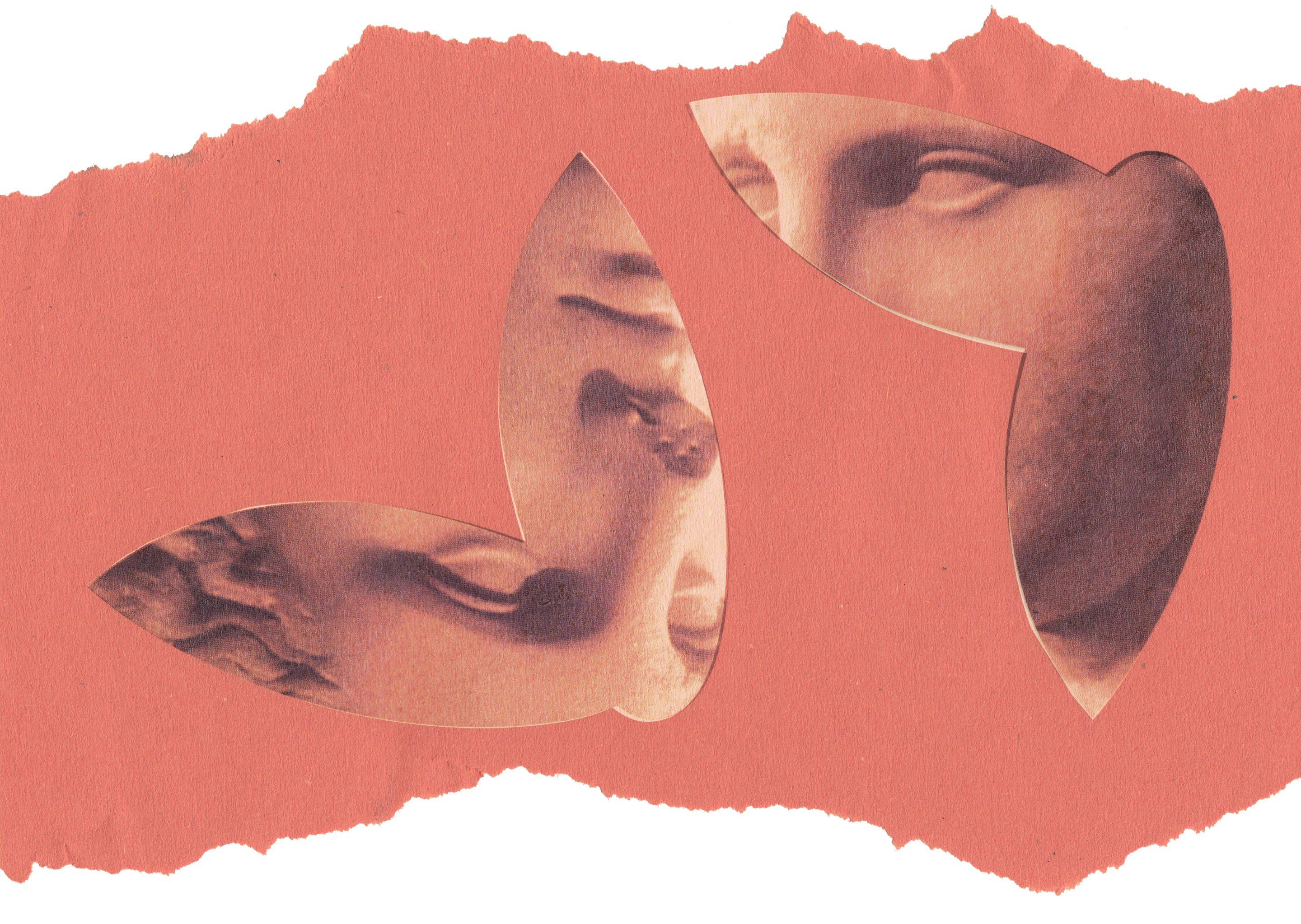
Love, in the great scheme of things, is a fairly new innovation. First known as “Courtly Love,” love was an invention of the French and Italian knighthood during the middle ages. It was based on adoration, deeds, adultery and expressed through feats of valor, songs, and poems which served as preamble to the deed of consummation. This courtly love was then codified by court philosophers and poets into an ideology or sort of religion. It was a reflection of the social order and the existing hierarchies, a special set of rules for a ruling class who wanted to sidestep the stultifying church morality which was used to suppress and control the common people. This courtly love was for the exclusive use of the nobility. To be a lover of this sort, one had to be titled. It was an exclusive ideology for use by knights, ladies, and courtiers.
Before that, there was no “love” per se though there was marriage which was an attempt at a practical solution to the problems of companionship, child rearing, property, and sex. Indeed, the ancient world and “dark ages” featured many bedfellows of what would later be called “love”: lust, desire, passion, carnal duty, blind loyalty — but not the pledge of romantic love per se: that particular, fanatic mania which is often characterized as a sickness or mental illness. This was an invention by the European courts in the middle ages. It helped to separate the nobility from the unwashed and provided them with a mechanism to explore the eros which had been stamped out by the Church, who jealously insisted on absolute fealty to their “God.”
Yes, love was an innovation; an undying promise of eternal devotion paired with sexual obsession and the paradoxical characterization of one’s lover as pure, chaste, and singular, despite whatever evidence to the contrary. Love is the ultimate paradox — the veneration of “the other” as deity and heroic savior, who rescues one from desolation but who is also considered the exclusive sexual property of the lover and who must comport themselves according to specific rules, values, and expectations.

Love is the ultimate paradox — the veneration of “the other” as deity and heroic savior, who rescues one from desolation but who is also considered the exclusive sexual property of the lover and who must comport themselves according to specific rules, values, and expectations.
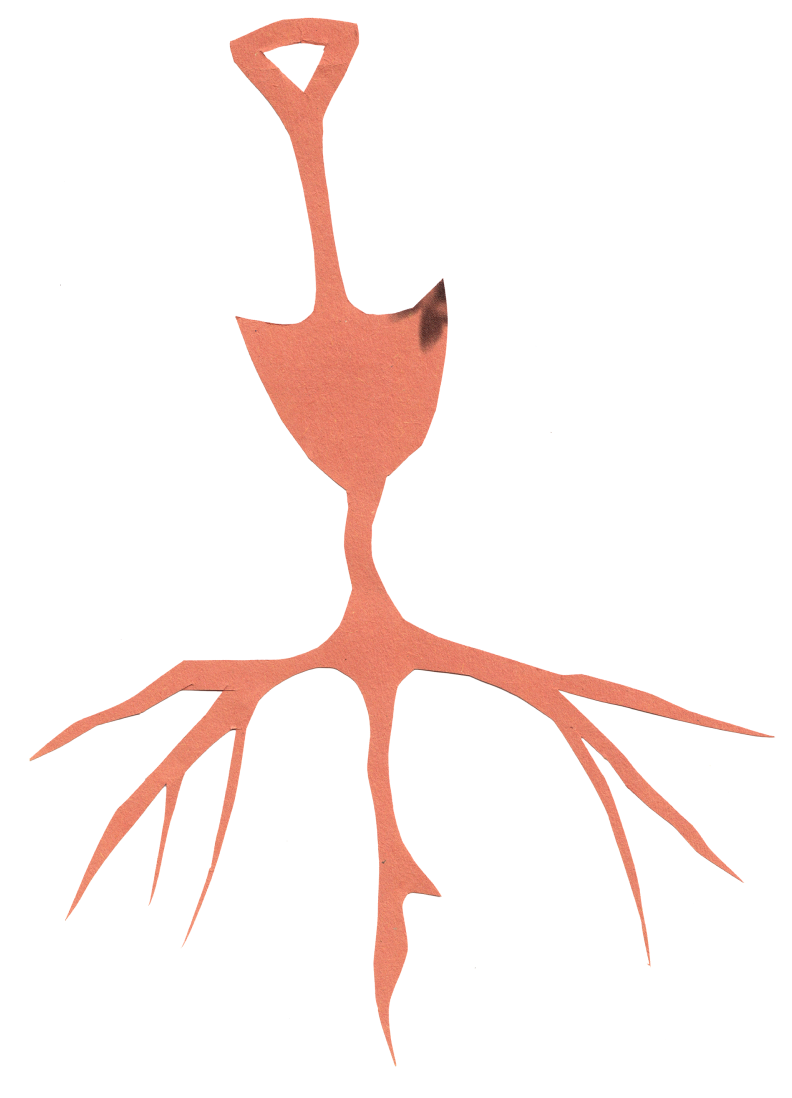

Love, as we know it, began in the courts during the castle era but was later popularized and mainstreamed during the Renaissance. Love as a popular thing for all classes, began with the serf rebellions and the German Peasant’s War in the late Middle Ages. Serfdom was a descendent of slavery, with the serf, a non free farmer/laborer, required to do uncompensated work for their “lord.” As opposed to the slave, the indentured person or “serf” — though also bound to the lord’s land — had a longer leash and more latitude in regards to how they achieved the work or “tribute” required to create wealth for their master. In the late Middle Ages, (1524 A.D.) the serfs in Europe staged several insurrections which were violently suppressed by the aristocracy who slaughtered up to a quarter million rebels. Though the serfs were partially inspired by the Reformation, Martin Luther vocally sided with the Nobles, writing that the peasants “must be sliced, choked, stabbed, secretly and publicly, by those who can, like one must kill a rabid dog." Despite the failure of these revolutions, the writing was on the wall; with the Renaissance and the Reformation transforming sensibilities, serfdom was seen as a leftover of an outmoded social order.
Love in its common application was a response to the twilight of indentured servitude and serfdom, as people feared a life without these defining social roles. The “love” paradigm, echoing the class relationship of lord and vassal, filled an emotional void left by the collapse of the medieval social order.
But love, for the peasant, also had deeper roots. Though Christianity had been made paradigmatic by Constantine and the Roman church, a recalcitrant paganism held on in the people’s daily life. This is evidenced by our pagan holiday celebrations— thinly disguised as Christian rituals —which are still practiced today. Witchcraft, animism, fairy tales, and shamanism were all widespread despite the Crusades, the Inquisition, and the murder by torture of heretics pushing them underground. As familiar modes of folk life were violently suppressed, the “love” myth stepped into the breech. Love was a response to the void that people felt after dull and moralistic monotheism vanquished the pagan myths, folk celebrations, and animist lore.
Love, romantic love, was a new kind of pantheism. After all, one god – for many – just isn’t enough; particularly one so remote and unfailing as “God.” As per the Greek or Norse systems, people want to venerate the fallible, the mercurial, the complicated, and the flawed. It’s boring to worship God. He is all powerful, created the heavens and earth, is everything, everywhere, knows all, etc. Of course we would worship such a character; have we any choice?
If one wants to get ahead in business and not be struck down by lightning or suffer some similar indignity, it is, of course, politic and sensible to worship God. In fact, doing otherwise is simple perversity. Worshipping Zeus on the other hand, was a decision one could make that reflected some personal aesthetic or practical choice. One could choose to sacrifice to Zeus as opposed to Aphrodite, Hermes, Demeter, et al. One was casting one’s lot in with a particular god who would hopefully reciprocate with a gift of good fortune particular to their realm of influence. All the gods were petty, mean, vain, and otherwise flawed, as well as having some good qualities. Yet, they were worshipped just the same. Since venerating Odin, nature, the Green Man or whoever was anathema and punished by death under Christianity, people transferred their intrinsic urge to adore on the object of their sexual desire. Love, therefore, was a kind of pagan religion in camouflage; a covert rebellion against the church. Love was incorporated into the church institution of marriage of course but as a subversion; Marriage had been an ancient legal arrangement based on property. When love was injected into marriage it was a Trojan Horse, an untenable proposal which has led to broken homes, broken families, and the general anarchy and mayhem of modern society.

The art of courtly love is of course applicable to running. We venerate running like a lord does his lady. We adore running like a knight errant does his lady of the court. And our act of running is heroism, a trial of the sort that the knight would enact to gain the respect and admiration of his objet d’amour.
When we purchase running gear, we are not buying it for ourselves but for the our love: running. It is a tribute. We are not adorning ourselves with finery but we are dressing up our lover: running itself. Our feats on the track and the pain and duress we put our body through are evidence of our undying love and fealty.
Running is a lover who will always be true, who will reciprocate if we show our passion and dedication, who will always be there, despite our hardship or trials. Running is a special someone we can bring home to meet our mother but who is still kinky and physical. Running is a partner for life who will never abandon you for a partner who is better looking, wealthier or has higher social status. Running is not mercurial and won’t go through a mid life crisis to knock you off your feet and crush your soul. Running won’t humiliate you – unless your desire is to be humiliated.
Indeed, the ancient world and “dark ages” featured many bedfellows of what would later be called “love”
When we run, we are “the one” in running’s eyes. And from its adoration we are inspired to love ourselves.
Since love is a kind of paganism or animism, our love affair with running fits right into this paradigm. Running, after all, is a kind of spirit or god of the sort that preceded the Christian-Judaic law giver Jehovah. It’s no wonder the top running shoe brand is called “Nike.”
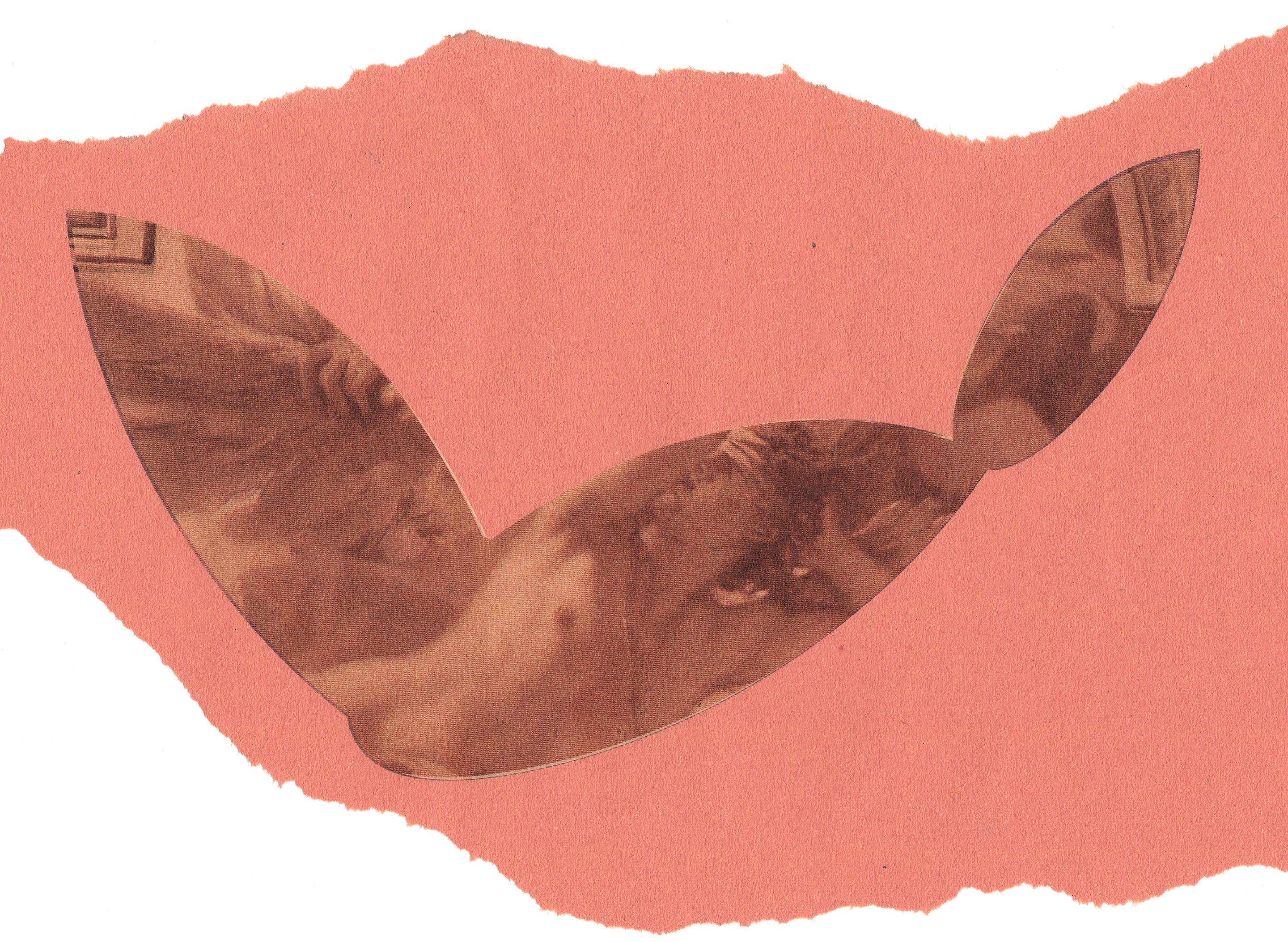

Of course, nowadays the word “love” is thrown around will nilly with almost no regard to its application. Love is cheap and its applied to everything. People declare that they love this, they love that, and they are “obsessed” with almost everything. We have to break down the different applications to understand our various love relationships.
Physical Love: The sex act can but does not always constitute “physical love”; to qualify, it must be fused with actual desire.
Romantic Love: Romantic love is the penchant of the poet and an outgrowth of the European courts during the crusades when the Queen’s consort was away in the Holy Lands, trying to wrest the Holy places from the infidel. It is based on adultery, secrecy, and the longing for something which cannot be. See: Lancelot and Guinevere.
Practical Love: Marriage is often practical love; a quiet appreciation for someone who’s good at doing the dishes.
Unrequited Love: Longing, unrequited love is astounding to us as we cant imagine a world of which we are not the center. We desire ourselves and therefore imagine all others do as well. The longing for a partner who doesn’t appreciate you, know you exist or who doesn’t rate you is also, in some sense, something we search for so can lay in bed and listen to songs in a minor key.
Primitive Love: Animals and cave-people have some sort of approximation of love though its not entirely understood. Studies of love between animals have it received the funding necessary for their exploration, due to the conceit and idiocy of mankind in thinking we are singular practitioners of this particular derangement.
Chaste Love: The love one has for God or a good set of power tools.
Maternal/Paternal/Familial Love: A sense of duty, contempt and resentment are the hallmarks of paternal and maternal love. The socialistic idea of “communism” and one of its offsprings, the Israeli “kibbutz” were an attempt to abolish the family and liberate mankind from this patronizing condition.
Crazy Love: Amour Fou, the total loss of control to the specter of love, is something we all both fear and desire.
Self–Love: Collecting records, playing music, acting, and even the projection of our fantasies on others are both examples of self-love.
Higher Love: The love of running.
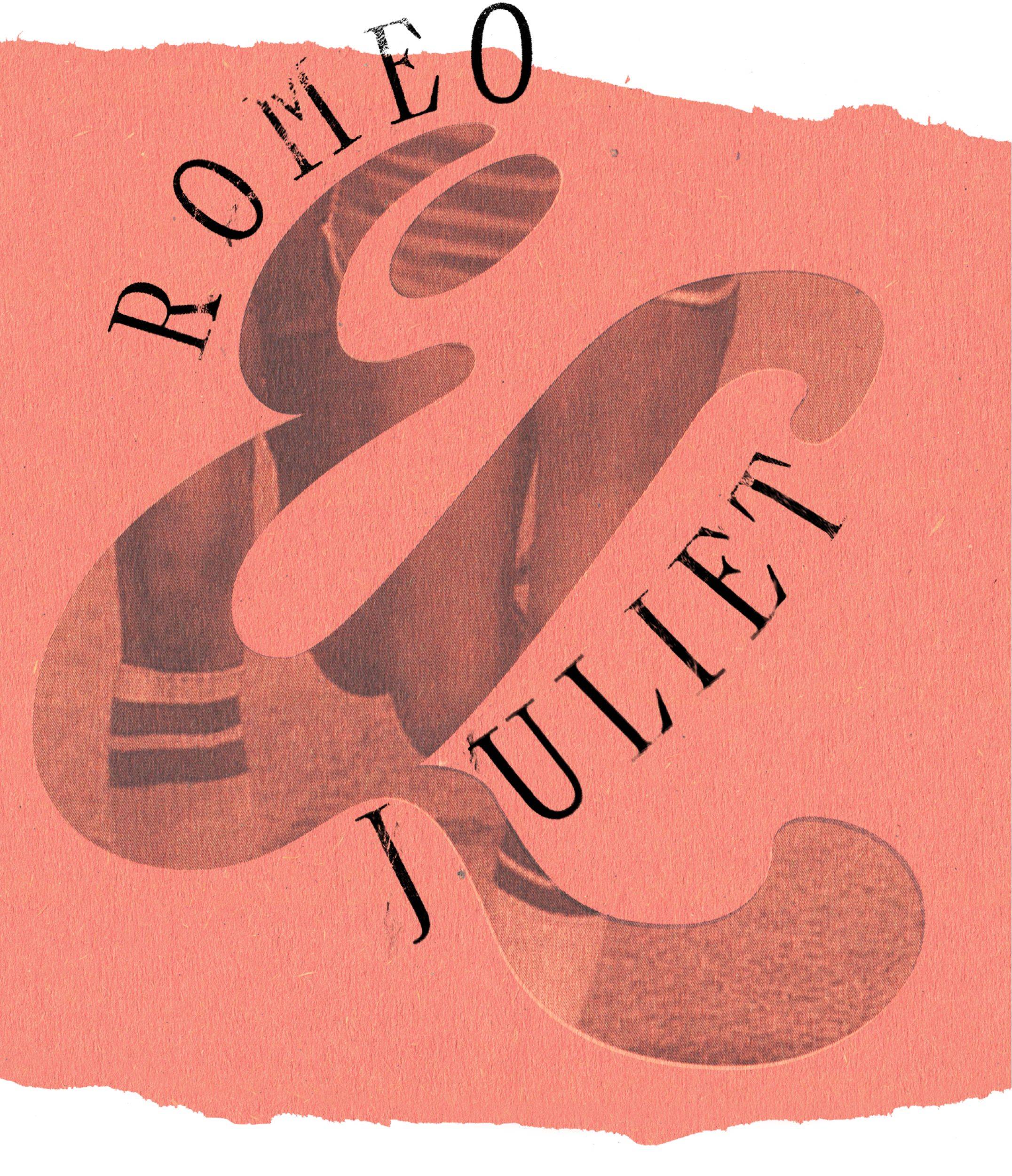
“Romeo & Juliet” by William Shakespeare is a play named for its two protagonists: Romeo & Juliet. The couple - Italian teenagers in a doomed, incipient relationship — are held up as a template of what lovers should strive for; single minded devotion and anarchic passion. Romeo & Juliet represent the ideal in capitalist society; the heroic individual pursuing their will against all odds despite stultifying social conventions. Society is the enemy; the individual is the hero. Tunes on the hit parade venerate the duo; “Our love’s gonna be written down in history… A-just like Romeo & Juliet,” “Romeo & Juliet... are together in eternity” et cetera. And yet, Shakespeare’s drama is a cautionary tale; the play is a dark and morbid lesson on the perils of going against society’s dictums in regards the awful mania of blind, selfish love.
The lesson of Romeo and Juliet is that the vainglory of “love” and desire can upend civilization. In Romeo & Juliet, the couple’s narcissistic tryst — pursued against their family’s decrees — brings disgrace and catastrophe on their respective houses. The lesson of the play is to heed to what your community - friends, family, et al — say in regards to your liaisons, lest you end up crumpled, dead in a catacomb, as the protagonists do at the end of Act V. After all, when one is “in love,” one’s perspective is deranged. Love is a psychotic inebriation which impairs one’s judgement and leads, ultimately, to ruin. The sober perspective of one’s friends, family, and institutions like the church, school, one’s employer, the armed forces, police force, and the state have to say in regards to what constitutes a good match is invaluable in one’s search for a suitable partner for lovemaking.
This used to be understood. Once upon a time, marriages were arranged by family to position both clans for the best future possible. In Hollywood’s “Golden Age,” relationships were organized by the film studios to best ensure a new star or starlet some valuable publicity or a context that would highlight their allure and incandescence. James Dean, for example, would be linked to some comely up and comer, and the idea of their private passion would hopefully boost sales for whatever box office attraction as well as sexualizing them in an attractive manner. John F. Kennedy’s marriage to Jackie Bouvier was a dynastic bond which their respective families imagined would be fruitful for future generations. Marriages like Paul & Jane Bowles’ or Elsa Lanchester’s to Charles Laughton served both for companionship, convenience, and career, though in each case the passion and desire of “love” were sought elsewhere, in the shadows. This steady minded approach to relationships has now been forgotten as the manic consumerism of capitalism has reached an intolerable apex and we are encouraged to “love” ceaselessly by the industrial magnates and corporate bodies who terrorize us. The love industrial complex encourages us to buy, spend, spoil, trade our future for the thrill of the moment and live in a state of degenerate delusion. It asks us to subscribe to an ideology wherein we are each the center of the universe, unparalleled as physical specimens, and absolutely unique and irreplaceable. As with any adherent to whatever wacky cult, in our heart of hearts we recognize the self deception and yet the kick is too strong, the high is something we can’t kick. Love is the drug and we are loath to give it up, despite its drag on our ambitions, our self betterment, our aspirations.
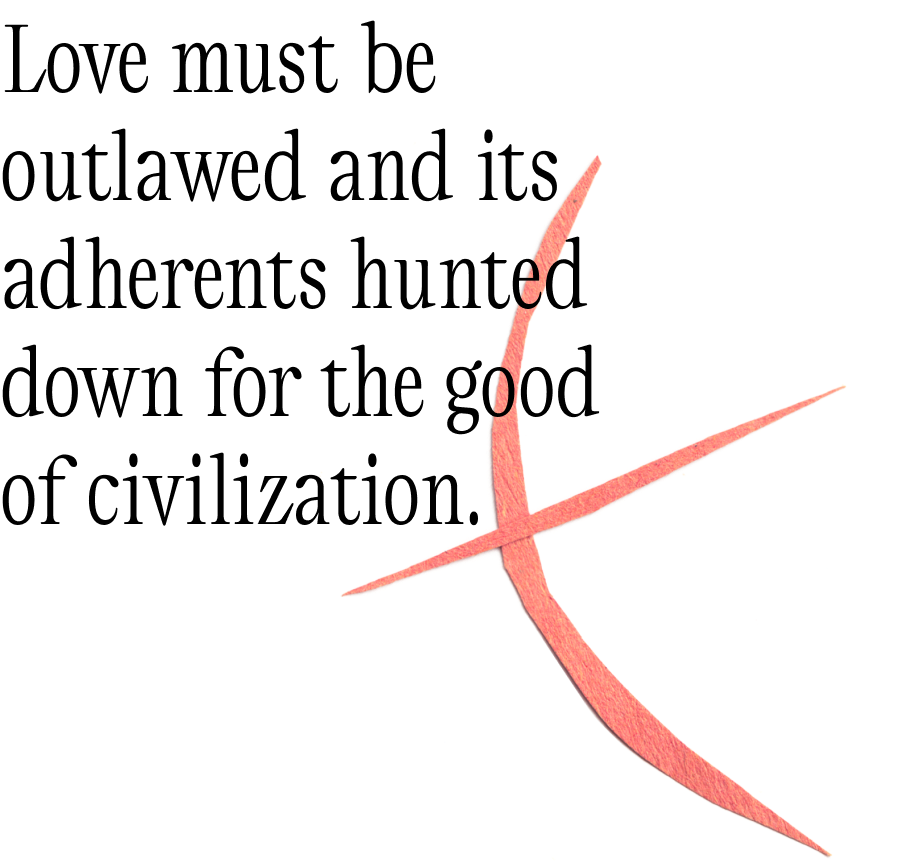
Romeo and Juliet has been revived many times, always with a box office hunk and a salacious she-star. Romeo and Juliet’s principle characters though aren’t people to be emulated or admired. They are antisocial wreckers of civilization who would jeopardize their families, friends, and society at large for a few sordid acts and the self satisfied rush of infantile infatuation. Like any madness, love should be assessed by psychologists for the mania that it is and it should be henceforth outlawed. Love couples must be made to pay for their purely selfish degeneracy through public works, fines, or — if they are unable to pay these — hard labour at a work camp. Love must be outlawed and its adherents hunted down for the good of civilization. Love is a scourge and a kin of pollution which mustn’t be allowed to exist if progress is ever to be achieved.
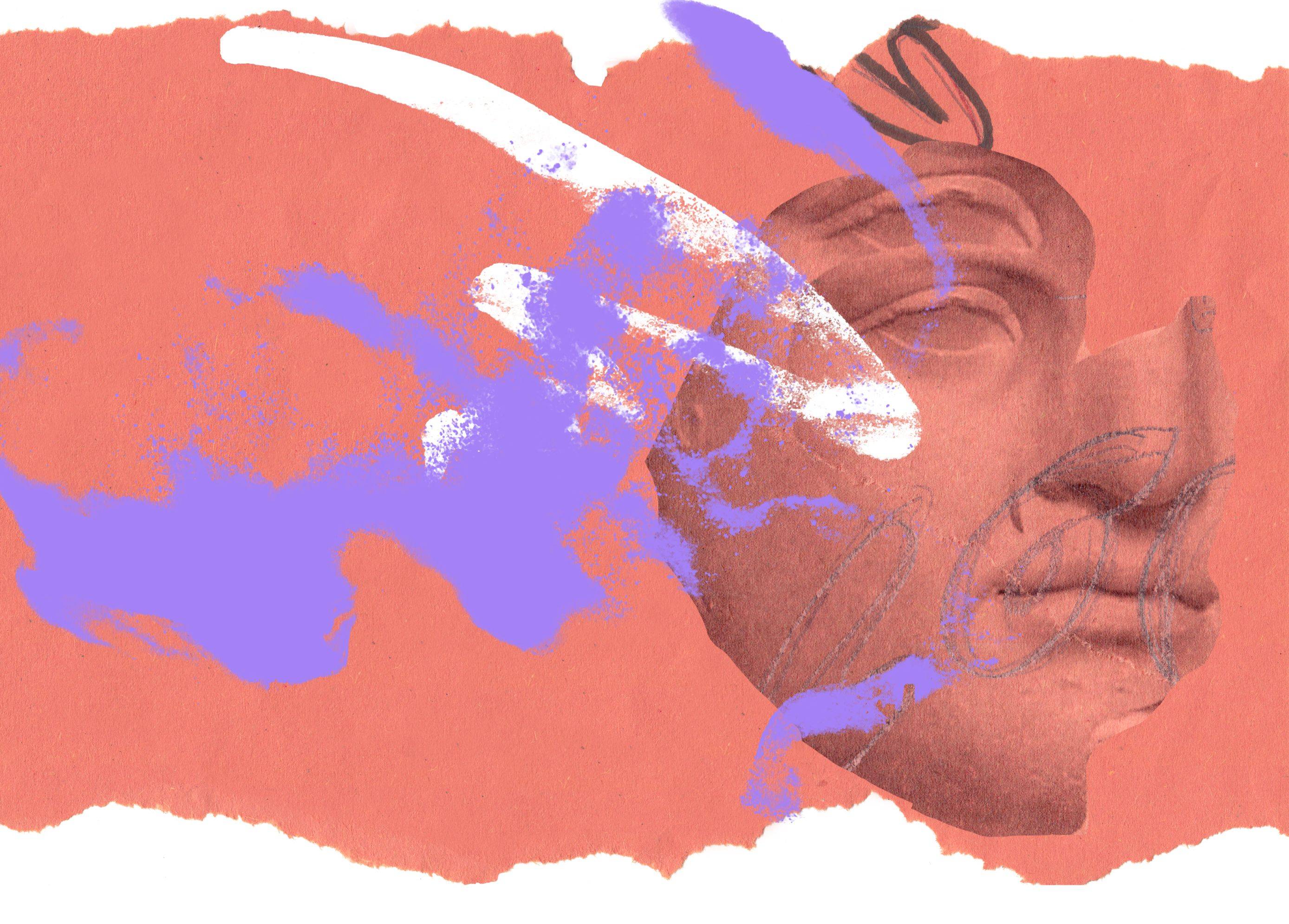

Legs Johnson is the premiere runner of today.
Every runner looks up to Legs Johnson.
He is universally admired and deferred to.
Every runner marvels at being alive in the same epoch as Legs Johnson.
Why? Because Legs Johnson is a marvel. He has bested nearly everyone. He practically lives on the track, on the trail, or in the front of the marathon pack. Whether it be a jog, sprint, or competitive heat, he has a “leg up” on the competition.
Besides being superlative at running, he is cool, enigmatic, a bit strange, and has lots of style.
Though he is often asked what he thinks, he typically disdains the press and journalists who dismisses as “the lowest form of scum.”
So you can imagine how gassed we were at POSSESSED when LEGS JOHNSON deigned to give us an exclusive interview about love, running, and relationships for our St Valentine’s Day issue.
WHY DO YOU RUN, LEGS JOHNSON?
“I run because I need to feel at one with nature.
I have to feel a part of my environment.
Running is a protest for me… it’s a shaken fist at the technological reduction of the species into voyeuristic consumers… running is a radical act in the couch potato milieu of absolute passive conformity and lazy, alienated reduction.
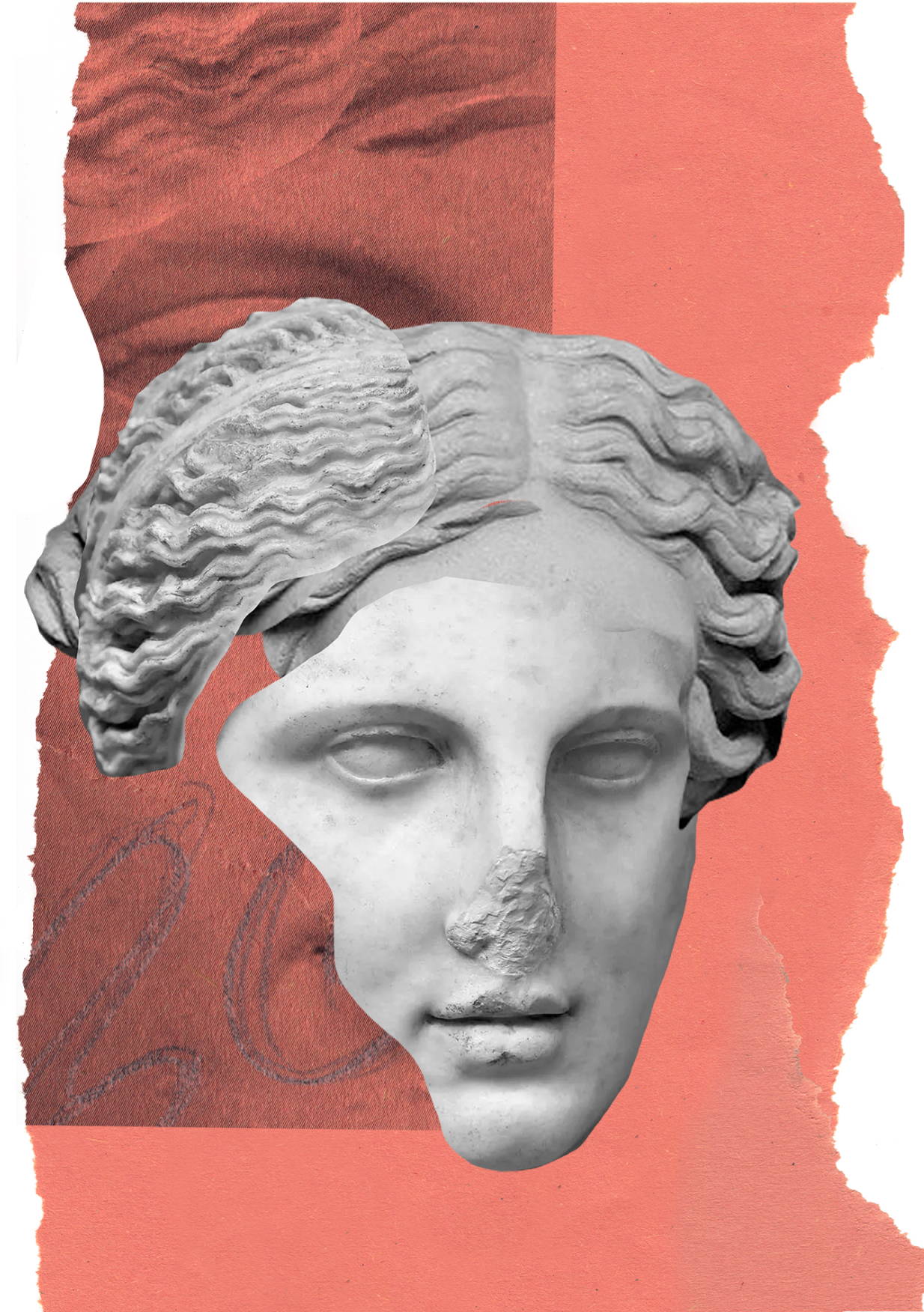
WHAT IS LOVE TO LEGS JOHNSON?
Love is a flutter of the pulse, a heaving of the chest, a heart beating fast.
All of these are symptoms, not only of love, but of running.
Are love and running synonymous? IS running love?
I think so. For me at least…
Physical love is a nuisance though, unless it can be reconciled with my need to run free, free as the birds and the fauna.

WHAT ABOUT SOCIETY?
I reject civilization. I wouldn’t even wear these shoes except that the roads and concrete require them of me.
When I run with my brethren, whether they be wild animals, insects, the wind and rain, or other people — i make no distinction — I am like a fish in a school; gliding thoughtlessly and intuitively, at one with my environment and nature itself.
What is prison? A place where you cannot run.
If running wasn’t freedom, why would confinement be a punishment?
Now confinement is considered the natural, desirable state. Incarceration has been recast as a desirable state.
We are supposed to be breathing, seeing, observing, running, patrolling.
WHAT WILL YOU DO FOR ST. VALENTINE’S DAY?
For me, St Valentine’s day is a day to honor one’s infatuations, one’s crushes, the object of one’s desires, whether they be human or otherwise. Love? Love is a bit of sweat on the brow, a look of determination, a feeling of elation… or maybe of desperation. Those qualities are also the qualities of running.
Running is a kind of infatuation or passion.
Valentine was a runner, yes. St Valentine was known for his prowess in track and field and for really nice gait on the track. He would bring candies to various consorts through the act of running. Running was integral to St Valentine’s lovemaking. This Valentine’s day, use running to bring chocolates, flowers, or what have you to the object of your desire, your sacred love object.
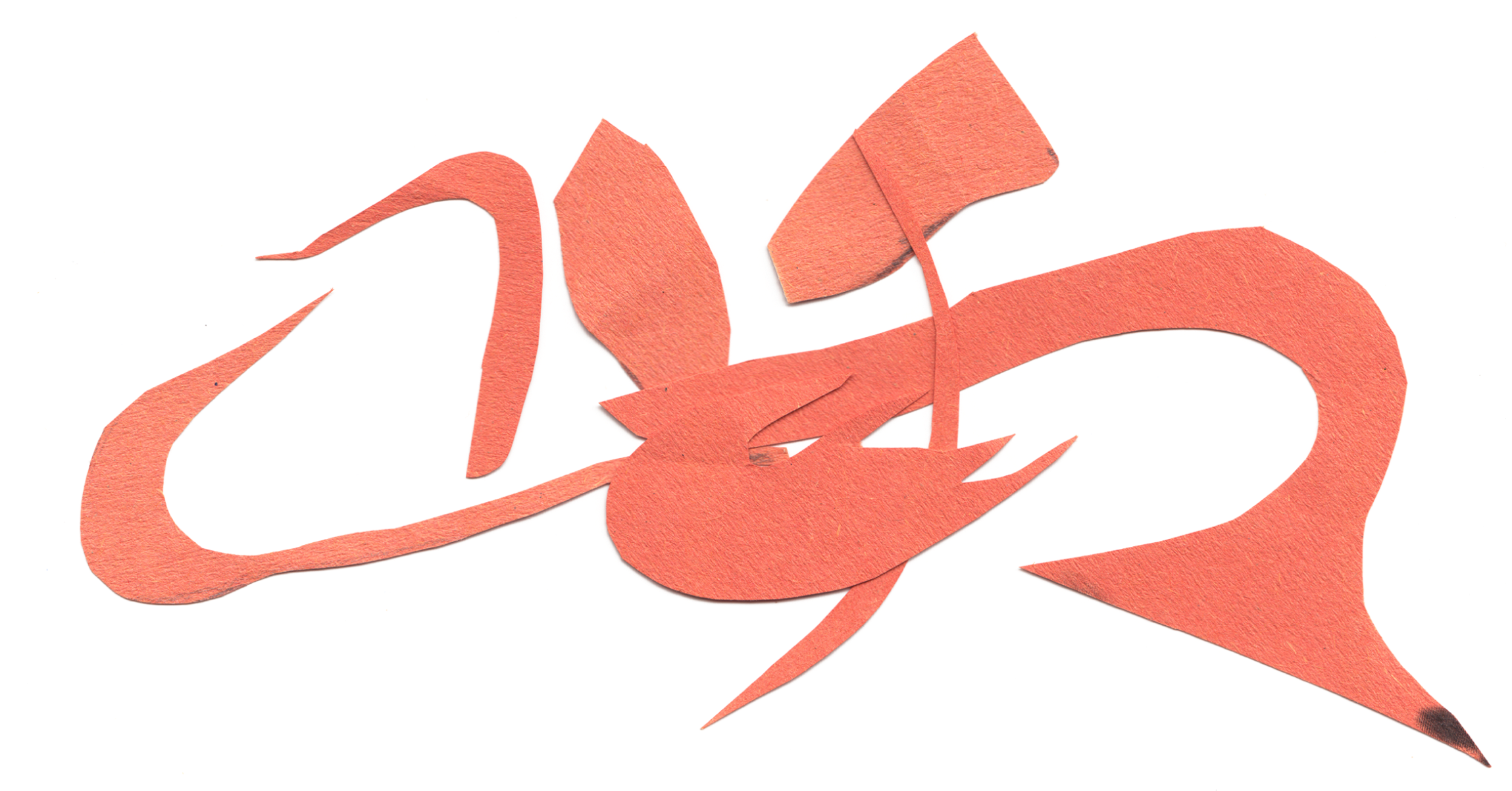
The Love Playlists
By Brice Partouche
&
Ian F. Svenonius







